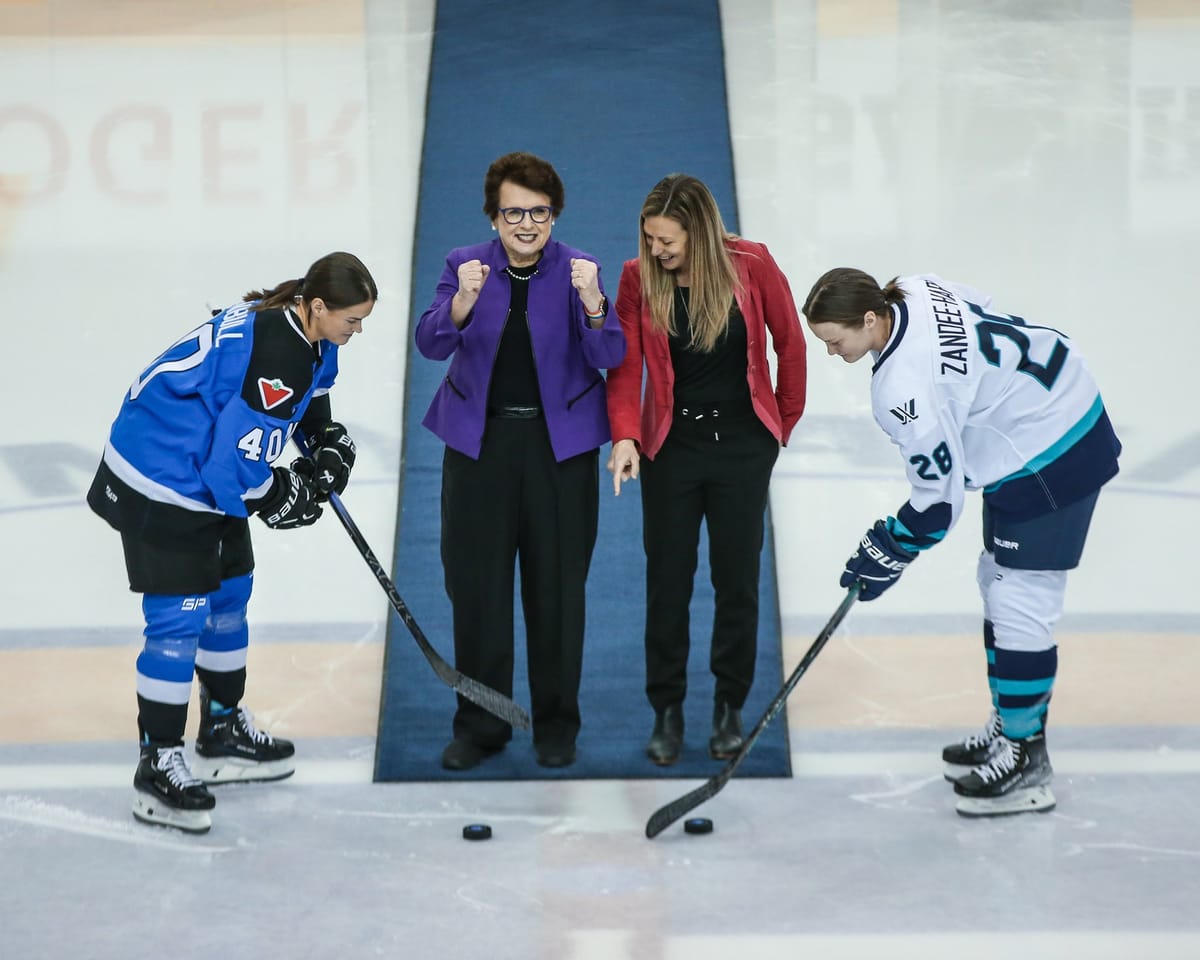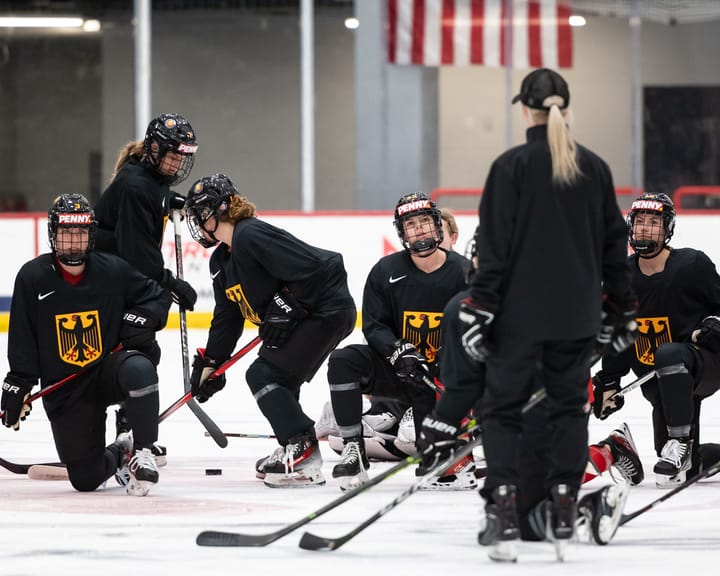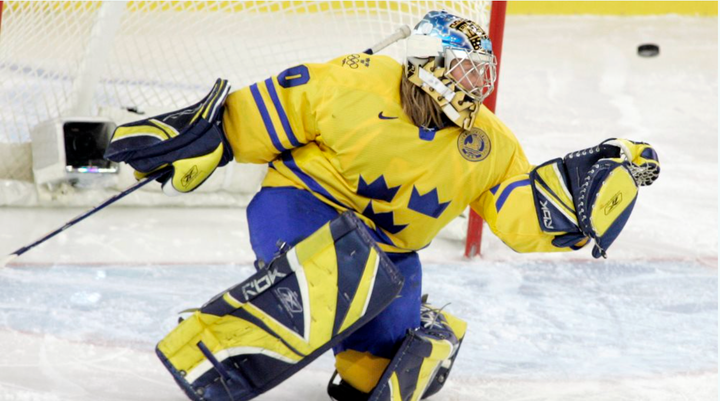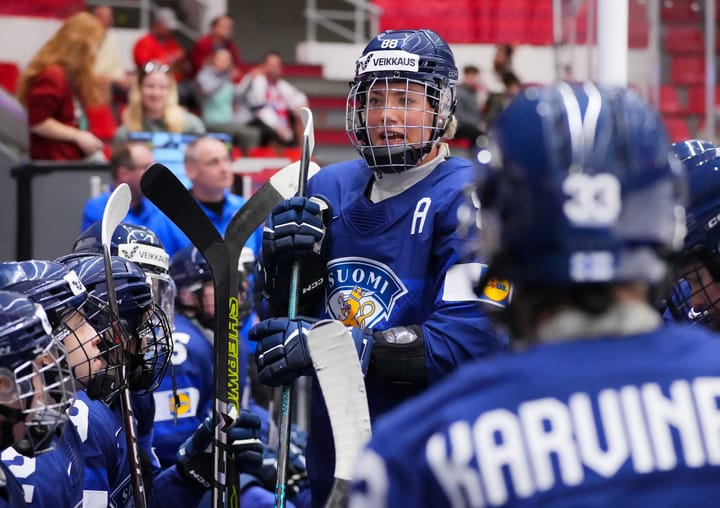When Pride Meets the Playbook: Seattle’s Model for LGBTQ+ Belonging in Sports
Women’s hockey has always had queer players at its core. For PWHL Seattle, joining a city where pro teams already lead on LGBTQ+ inclusion means the bar is high. The new franchise has the chance — and the responsibility — to show hockey what real belonging looks like.

Editor's Note: This is a guest post by freelance contributor Silvia Leija Rosas. You can follow Silvia and her work at @badnands.
When the PWHL launched, it didn’t have to create queer representation; in a league where queer couples are rostered side by side, it already existed. By conservative counts, more than half of the league’s players identify as LGBTQ+. Pride isn’t an add-on in women’s hockey; it’s foundational. That reality makes it impossible for the PWHL, and especially a new franchise like Seattle, to treat queer and trans fans as just another affinity group. They are the lifeblood of the league.
Seattle, as a sports city and with 17 percent of the adult population within the city’s metropolitan area, already gets this. In 2023, the Sounders FC hosted Play Proud trainings and endorse gender-diverse youth inclusion toolkits along with five other major sports teams in the city. The Storm have marched in Pride since the early 2000s and turned Pride games into platforms for trans rights. OL Reign and the Sounders host gender-diverse youth clinics, while fan groups like Gorilla FC weave anti-homophobia into fan culture. This is the community PWHL Seattle walks into, and anything less than real investment will look shallow.
Celebrating Pride doesn't end in June 🏳️🌈🏳️⚧️
— Seattle Storm (@seattlestorm) July 1, 2024
We're proud to support the LGBTQ+ community all year long! 💚 pic.twitter.com/gQuKLPT68f
The NHL stumbled badly with Pride tape bans and a patchwork of inclusivity efforts. At the same time, queer and trans communities are facing relentless attacks in state legislatures across the U.S. In that context, showing up for these fans is not optional, but survival.
So what can PWHL Seattle actually do? The playbook is there:
Put players in the community
Storm legends like Sue Bird and Breanna Stewart used their roles to become fixtures in Seattle’s civic life, from local Pride parades to youth clinics and even political advocacy for LGBTQ and reproductive rights. OL Reign stars Megan Rapinoe and Lauren Barnes have done the same, lending their voices to causes ranging from trans inclusion to small business support. PWHL Seattle players can — and should — be visible in similar ways: marching in Pride, volunteering with local nonprofits, and speaking up when anti-trans legislation threatens their own fans.
Invest in youth directly
The Sounders partnered with Starbucks to host gender-diverse youth soccer clinics during Pride Month, while the Storm have long offered ticket programs to LGBTQ+ youth groups. PWHL Seattle could run hockey clinics specifically for queer and trans kids, and support existing organizations like the Seattle Pride Hockey Association.
Embed inclusion into policy
When the Sounders, the six major sports teams endorsed the Gender Diverse Youth Sports Inclusivity Toolkit, they distributed a resource meant to shift real-world practice. PWHL Seattle could lead hockey by publishing its own trans-inclusive policies around locker-room access, anti-harassment, and reporting — making explicit what both the NHL and PWHL have sidestepped.

Show up year-round
Seattle’s major professional sports joined a “Spend with Pride” initiative in 2021 that spotlighted LGBTQ-owned small businesses beyond June. PWHL Seattle could host queer vendor nights at games, partner with local breweries or bookstores, and make support for LGBTQ businesses a recurring part of its calendar.
Measure and report
The Storm publicly share impact metrics from their Force4Change initiative, from dollars raised to partnerships funded. PWHL Seattle should follow suit with an annual inclusion report: how much money was donated to LGBTQ nonprofits, how many youth participated in clinics, and how fans rated their sense of belonging. Treat it like stats—because in sports, we track what matters.
Seattle has a chance to prove that professional hockey can be accountable to the communities that sustain it. PWHL Seattle can set the standard for the whole league, and show hockey what it looks like when belonging is real.






Comments ()